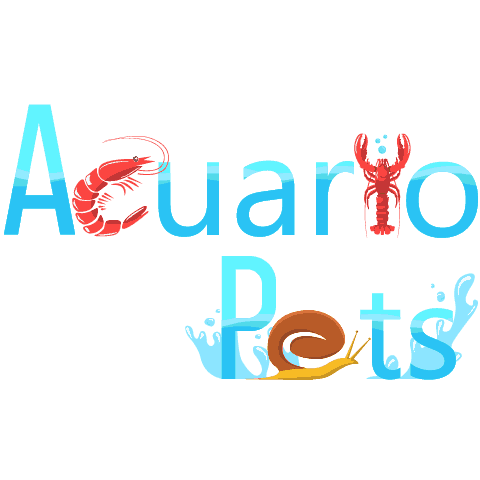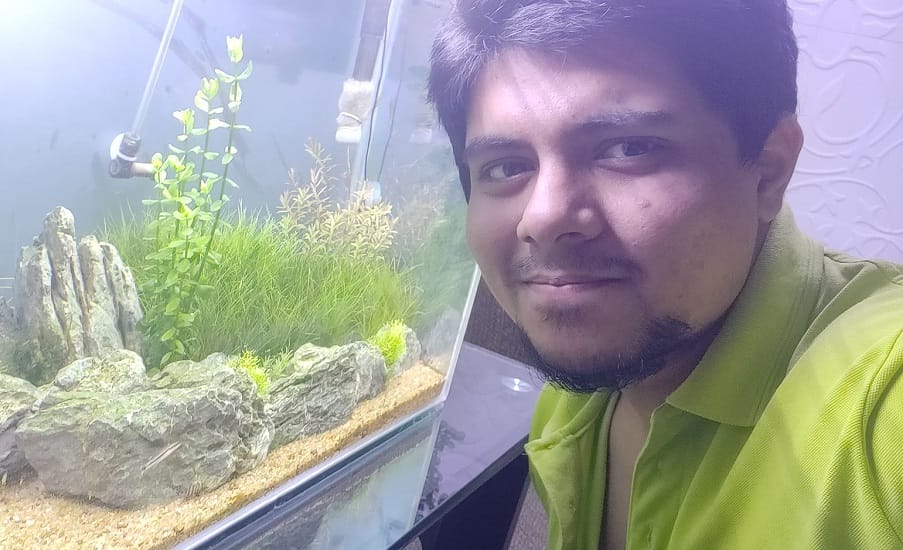This post was created with help from AI tools and carefully reviewed by a human (Muntaseer Rahman) . For more on how we use AI on this site, check out our Editorial Policy.
Check Out These FREE Tools We Made JUST For You!
Substrate Impaction in Leopard Geckos: Causes, Symptoms, & Safe Alternatives
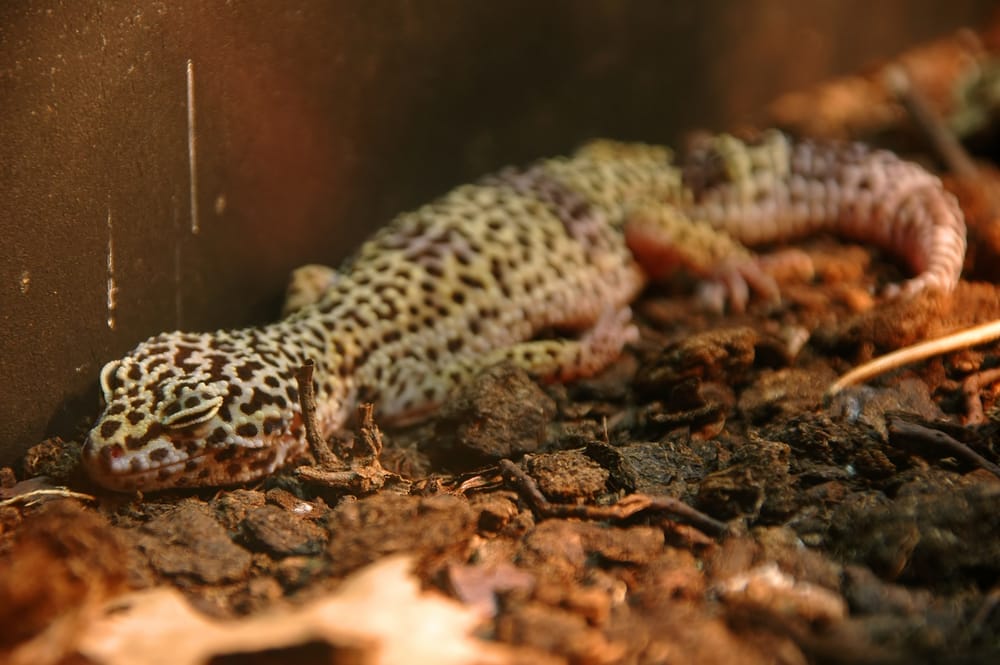
If your leopard gecko suddenly stops pooping, gets bloated, and starts acting strange, substrate impaction might be the reason. It’s more common than most new keepers think—and it can be deadly if ignored.
Let’s break down what it is, why it happens, and how to avoid it without turning your tank into a sterile mess.
What Is Substrate Impaction?
Substrate impaction happens when your gecko swallows bits of the stuff lining the bottom of its tank. That material builds up in the gut and can block the digestive system completely.
In other words, your gecko gets constipated—but on a dangerous level. It can’t pass stool, and things back up fast. If untreated, it may not survive.
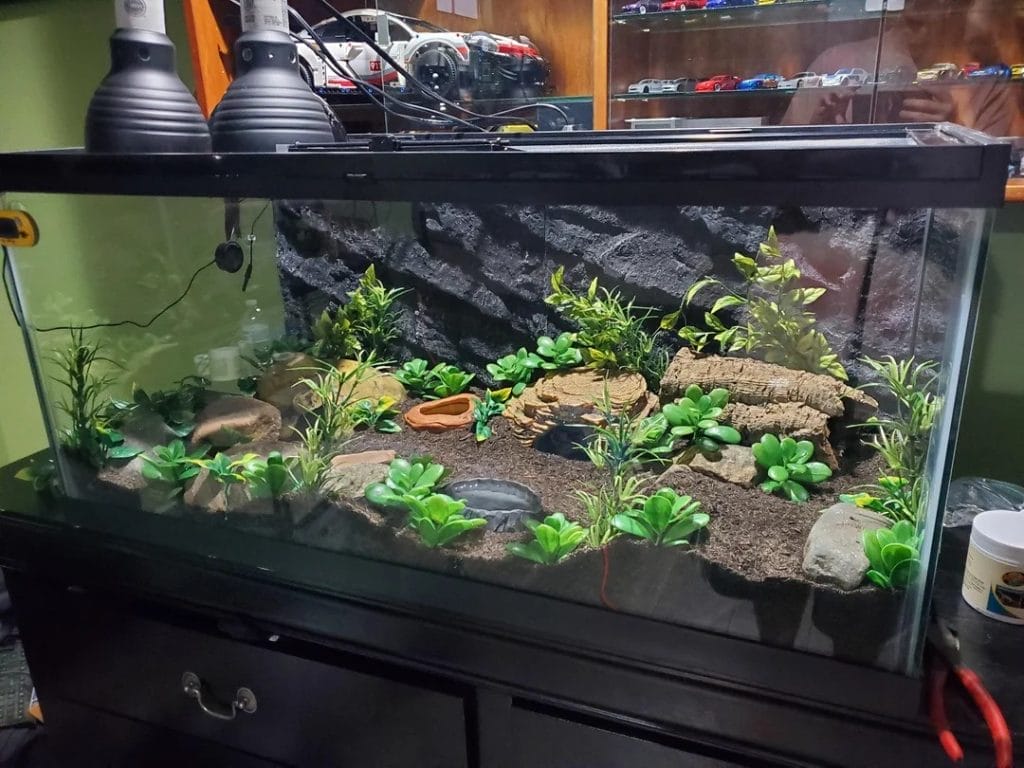
What Causes It?
1. Loose or Unsafe Substrates
Some substrates are just a bad idea. Calcium sand, play sand, coconut fiber, wood chips—these all pose a high risk.
Calcium sand is one of the worst. Some geckos lick it on purpose thinking it’s food or a calcium source. Others swallow it by accident while chasing insects.
Coconut fiber might look “natural,” but it clumps up inside their gut like mud. And if your gecko swallows enough, it doesn’t take much to block the way.
2. Bad Tank Conditions
Impaction doesn’t always come from the substrate alone. Cold temperatures, poor humidity, or a weak, dehydrated gecko all raise the risk. If your gecko isn’t digesting food fast enough, even small bits of substrate can cause trouble.
A healthy gecko with strong digestion is less likely to get impacted—but not immune.
3. Feeding Directly on the Substrate
Dropping mealworms or crickets right on loose substrate? You’re practically inviting your gecko to eat dirt with its dinner. That adds up over time. Use a feeding dish or a tile surface instead.
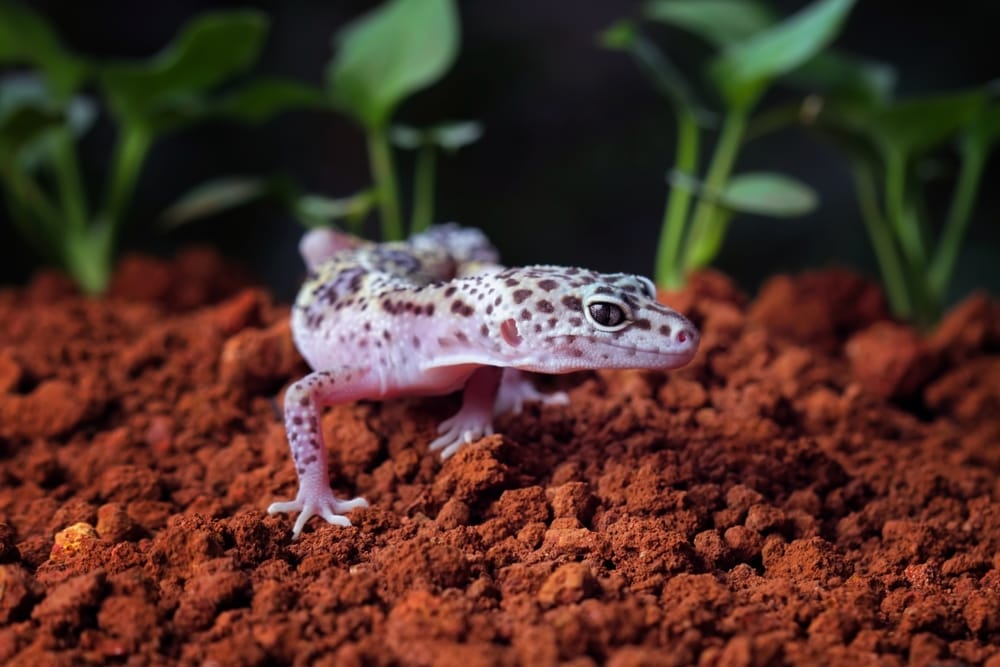
Warning Signs to Watch For
Impaction usually doesn’t show up all at once. Here’s what to look out for:
- No poop for days
- Bloated belly or swelling that feels firm
- Lethargy—your gecko hides more, moves less
- Stops eating
- Strains when trying to poop
- Visible bruising or green tint on the belly
If any of this shows up, don’t wait. Call a reptile vet. Waiting it out rarely works.
Safer Substrate Options
You don’t need to give up a good-looking tank to keep your gecko safe. Here’s what works:
| Substrate Type | Why It’s Safe |
|---|---|
| Paper Towels | Cheap, easy, and zero risk. Great for babies and sick geckos. |
| Ceramic or Slate Tiles | Look good, easy to clean, help with heat. No way to eat them. |
| Non-Adhesive Shelf Liner | Works if you don’t heat it directly. Just not the most natural-looking. |
| Topsoil + Sand Mix | Only for bioactive setups. Use organic topsoil (no manure) with play sand. Never use pure sand. |
| Reptile-Safe Blends | Exo Terra Stone Desert, Arcadia EarthMix Arid, or Terra Sahara—formulated for safe digging. |
If you want digging enrichment, make a small dig box using the safe soil mix. Keep the rest of the tank tiled or papered.
Also, always feed on a dish or smooth surface. Feeding directly on loose dirt is a shortcut to trouble.
Final Thoughts
Substrate impaction is avoidable. Most cases happen because people use the wrong substrate or don’t pay attention to the environment.
Stick to simple, proven setups—especially if your gecko is young, sick, or new to your care. Tiles and paper towels may not win any beauty contests, but they can save your gecko’s life.
And if you think your gecko might be impacted? Don’t Google for miracle cures. Call a vet.
About Author
Hello, I’m Muntaseer Rahman, the owner of AcuarioPets.com. I’m passionate about aquarium pets like shrimps, snails, crabs, and crayfish. I’ve created this website to share my expertise and help you provide better care for these amazing pets.
Disclaimer
This site is owned and operated by Muntaseer Rahman. AcuarioPets.com is a participant in the Amazon Services LLC Associates Program, an affiliate advertising program designed to provide a means for sites to earn advertising fees by advertising and linking to Amazon.com. This site also participates in other affiliate programs and is compensated for referring traffic and business to these companies.
